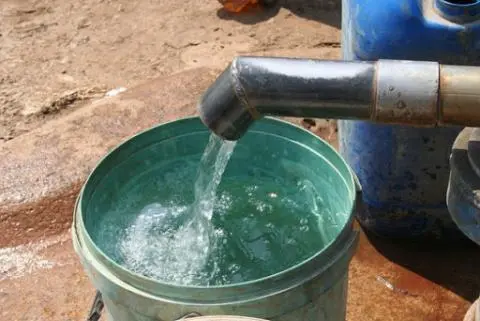Katsina State Government has announced a budget allocation of N10 billion for the enhancement of water, sanitation, and hygiene services through the Sustainable Urban and Rural Water Supply, Sanitation, and Hygiene (SURWASH) initiative.
This project, backed by the World Bank, aims to achieve significant improvements in access to water, sanitation, and hygiene.
Mr. Aminu Dayyabu, the Programme Coordinator in the state, shared this information during an interview on Tuesday in Katsina. The SURWASH project is actively pursued in Imo, Delta, Ekiti, Gombe, Kaduna, Katsina, and Plateau states.
The SURWASH project
- Dayyabu outlined the project’s objective to provide clean, affordable, and sustainable water, sanitation, and hygiene facilities to 80% of the population in both urban and rural areas of Katsina State.
- The state has adopted proactive measures to meet this target by 2027, aligning with the Sustainable Development Goals (SDGs).
- The Programme Coordinator highlighted SURWASH’s role in coordinating the project’s implementation by offering technical support to various implementing agencies, including the State Water Board, Rural Water Supply and Sanitation Agency (RUWASSA), Small Town Water, Hygiene and Sanitation Agency, and the State Environmental Protection Agency (SEPA).
- “In Katsina State, the project is being implemented in Bature, Batagarawa, Daura, Charanchi, Funtua, Kafur, Kankara, and Katsina Local Government Areas. Urban cities, small towns, and rural areas within these LGAs are set to benefit from clean, affordable, and sustainable water, hygiene, and sanitation facilities by the end of the intervention,” Dayyabu explained.
He also noted the positive strides made by implementing agencies and the expected verification process in March 2024, which would trigger disbursements to the state government.
Furthermore, Dayyabu shared that the state governor, Dikko Radda, has directed the rehabilitation of 34 small-town water supply schemes, emphasizing a focus on restoring access and ensuring sustainability through the use of solar energy.
As part of the project arrangements, RUWASSA aims to rehabilitate 1,300 broken hand pumps, while an additional 1,000 new hand pumps will be drilled in rural communities in 2024.

